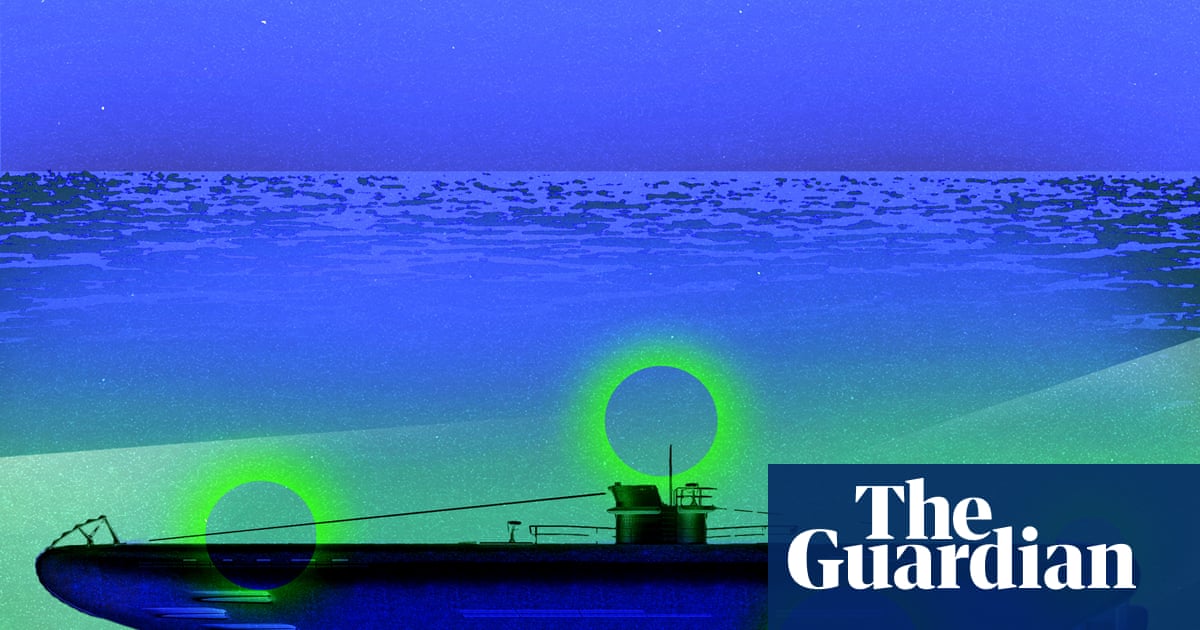
"In the first quarter of the 21st century, nuclear submarines have proven a formidable force: essentially undetectable deadly attack weapons. Some also carry a vital second-strike deterrent effect: any attack on a country armed with nuclear-powered submarines is made with the knowledge that retaliation is certain from a warship hidden beneath the waves. But a drumbeat of declarations much of it speculative but most of it from China, the very nation the Aukus pact was established to counter report rapid developments in submarine-detection technologies:"
"vast networks of acutely sensitive sonar arrays; quantum sensing; improved satellite tracking able to spot tiny perturbations in the ocean's surface; technologies that detect minute disturbances in the Earth's magnetic field; real-time AI processing of vast reams of data. Could emerging technologies render the last opaque place on Earth the oceans transparent? It may not be so binary, the oceans may become, in parts, less impenetrable: key contested sea lanes and littoral areas may be intensely surveilled, while remote, deep trenches remain arcane."
Nuclear-powered submarines have been highly effective in the early 21st century as stealthy attack platforms and as survivable second-strike deterrents. Rapid technological developments threaten to erode submarine stealth through networks of highly sensitive sonar arrays, quantum sensing, enhanced satellite tracking detecting surface perturbations, sensors for Earth's magnetic-field disturbances, and real-time AI analysis of vast datasets. Many declarations about these capabilities originate from China, the country AUKUS was established to counter. Some ocean areas, including contested sea lanes and littoral zones, may become intensely surveilled, while remote deep trenches could remain difficult to monitor. Australia's $368bn AUKUS investment faces significant strategic risk.
Read at www.theguardian.com
Unable to calculate read time
Collection
[
|
...
]